Nigerians catching the electoral fever
BY STEVE OGAH
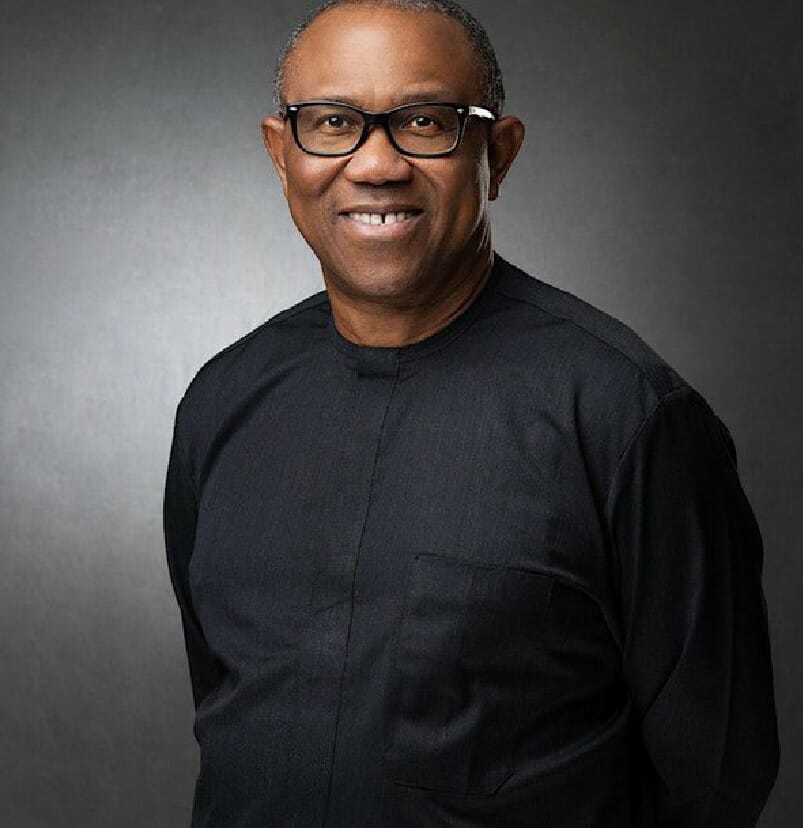
Lagos (Nigeria) Nigeria’s incoming general elections have raised political moods, with local and international polls predicting different likely winners. Eighteen candidates from the same number of registered parties have been cleared by the Independent National Electoral Commission (INEC) for the presidential election set for February 25, 2023.
Campaigns officially began on September 28, and most of the leading political parties have been at the forefront with increased voter sensitization over the past few weeks, preparing for elections that promise to be pivotal in a record-breaking 24 years of renewed democracy in Africa’s most populous country. All leading contenders are from the three major ethnic groups in the country, and this will be the first time a leading politician from the southeast will be making a solid attempt at the presidency since the return to multiparty democracy in 1999. While mounting security concerns may challenge next year’s election, just as safety concerns had threatened the 2015 election in some parts of the country, the addition of millions of newly registered voters also makes this election significant. Most will be voting for the first time.
With substantial public rallies already held across several states, the otherwise reclusive Labor party has animated the political scene like never before, showing promises that the party may display a strong outing at the ballots. Peter Obi is the party’s presidential candidate from the southeastern state of Anambra. He is wooing voters with a visible message of “from consumption to production,” promising to turn the country into an industrial hub. A recent poll by Bloomberg News showed Mr. Obi with an impressive 72% of votes. This promise was echoed by www.the economist.com. The magazine has reported that “Peter Obi enjoys a comfortable lead in the polls ahead of Nigeria’s election.”
In the same vein, a poll result released in September by ANAP Foundation also swung next year’s presidential election in the direction of the Labor party. ANAP’s poll showed the Labor party led the survey with 21% of voters, while APC and PDP were knotted on the second spot at 13% each. ANAP’s founder, Dr. Atedo Peterside, has noted: “Mr. Obi’s 8 percentage point lead at this state is significant, but not sufficient to separate him completely from a leading pack of contenders.” Another recent poll flipped the table for the Labor Party.
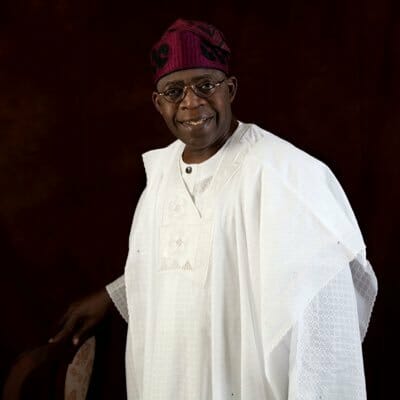
In a Fitch Solutions Country Risk and Industry Research survey, Peter Obi performed less triumphantly. This analysis gave the election to Bola Ahmed Tinubu, a former Lagos state governor and a candidate of the ruling All Progressives Congress, who is campaigning on a theme of “renewed hope.” Concerning its research, Fitch Solutions has said: “Indeed, we maintain our view that the APC’s Tinubu is best placed to win the presidential election. We expect that the party which has nominated a Muslim-Muslim ticket will repeat its strong performance in the north.”
While these forecasts have benchmarks for zeroing in on potential winners, one name on the list remains a recurring decimal in Nigeria’s recent political
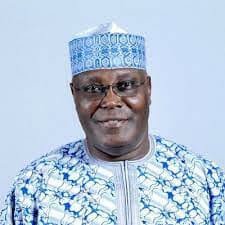
equations. He is no pushover. Enter His Excellency, Alhaji Atiku Abubakar of the Peoples Democratic Party (PDP). Nigeria’s former vice President (1999-2007), Atiku, is campaigning as a “Unifier.” He is an old horse and grandmaster of Nigeria’s political chess games. He is a veteran of presidential election politics and has been vying to become the President since 1992. He holds vital lessons from his political odyssey, and analysts can’t discredit him readily because he’s a candidate with an electoral worth accumulated over the years.
The electoral body released a breakdown of candidates for next year’s elections in late September. The analysis from Festus Okoye Esq, National Commissioner & Chairman, Information and Voter Education Committee at INEC, read: “For legislative elections, 1,101 candidates are vying for 109 Senatorial seats and 3,122 candidates for Federal Constituencies, i.e., House of Representatives seats, making a total of 4,223 candidates contesting for 469 legislative positions.”
The release also notes
-
-
- 3,875 candidates are male, made up of 35 for Presidential and Vice Presidential; 1,008 for Senate and 2,832 for House of Representatives
- 381 females comprising 1 for the Presidential, 92 for the Senate, and 288 for the House of Representatives
- 11 Persons with disabilities (PWDs)
-
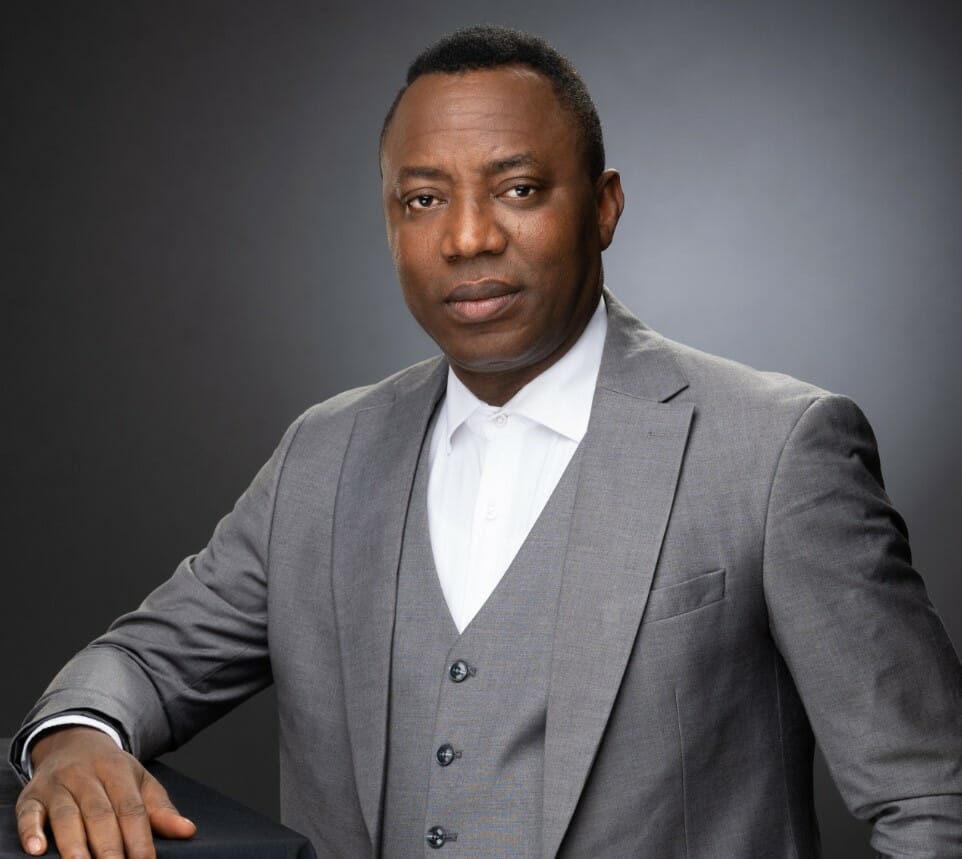
While Obi, Tinubu, and Atiku are leading in the polls, other presidential candidates are from Accord, Action Alliance, Action Democratic Party, Action Peoples Party, and African Action Congress. Others are from African Democratic Congress, All Progressives Grand Alliance, Allied Peoples Movement, and Boot Party. National Rescue Party, New Nigeria Peoples Party, Peoples Redemption Party, Social Democratic Party, Young Progressive Party, and Zenith Labor Party are the other parties in the race. Of the candidates from this group, the publisher of Sahara Reporters, Omoyele Sowore of African Action Congress, and a former governor of Kano state, Alhaji Rabiu Kwankwaso, of New Nigeria Peoples party may swing many voters to their flanks.
But what exactly is the demography that may decide the fate of contestants? All 18 candidates will appeal to old voters and the new ones previously not in Nigeria’s electoral register. As of August 1, Data from the Independent National Electoral Commission showed over 8 million newly registered youthful voters between 18-34. This new addition is a
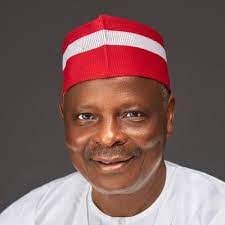
significant voting chunk that has been added to the voting system. Youths have shown their power elsewhere, and we can look to the United States of America.
The youthful voting flank can be a persuasive political dynamism as was witnessed in the American presidential election of November 4, 2008. In the young voters’ block, Barack Obama amassed 66% against John McCain’s 32%. Barack Obama won the election after securing 53% of the total votes. Young people are set to make their voices and votes count in Nigeria.
You may also want to read: “Why Obama’s interference in the recent Nigerian presidential election”. Click here:
With pollsters predicting different winners, political tension and fever levels have risen in the polity. At this time, we may not all agree on who the definite winner of the presidential election will be. The electoral contest now rests with registered voters in over 176,846, polling centers spread across 774 local government areas in the country. They will ultimately determine who governs Nigeria after February 25, 2023. Only then would the political temperature in the polity have sunk to pre-election levels.

